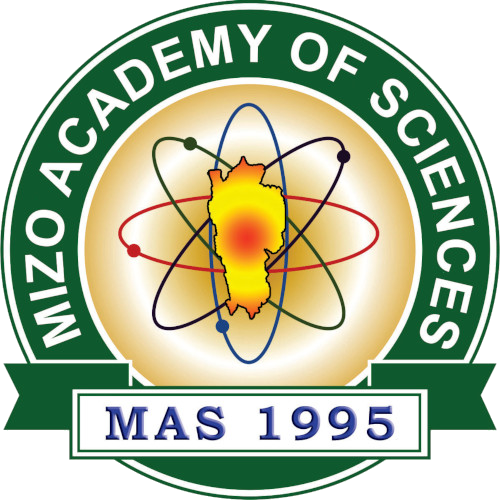Solvation enthalpy of uranium tetrachloride in aqueous-alcohols mixed solvents
Abstract
The process of interaction between ions of a solute and the molecules of the solvent through relatively weak covalent bonds is called solvation. It involves evening out a concentration gradient and evenly distributing the solute molecules within the solvent. Hydration is a special case of solvation when the solvent molecules are water. Solvation energy, generally, is the energy released when ions in crystal lattices associate with molecules in a solvent, however it can be positive or negative, depending upon the combined effects of lattice and hydration energies in case of aqueous-ionic solid dissolution. Uranous chloride or uranium tetrachloride (UCl4) is a green crystalline solid which sublimes in vacuum at 500°C/10-3 mm. It is a Lewis acid and hence dissolves in solvents which can act as non-protic Lewis bases. Although dissolution of uranium tetrachloride crystals in water is an exothermic process yielding a green solution which is fairly stable in the cold, yet is hydrolyzed to a considerable extent to furnish an acidic reaction. Solvation enthalpies of quadrivalent uranium system have been scantly reported. The present communication deals with the calculation of enthalpy of solution of uranium tetrachloride in aqueous-non-aqueous solvent mixtures, particularly in 10 and 20 weight (wt) % methyl alcohol-water and ethyl alcohol-water systems at 25°C calorimetrically and thereby estimating the solvation enthalpy of UCl4 in the said media.


